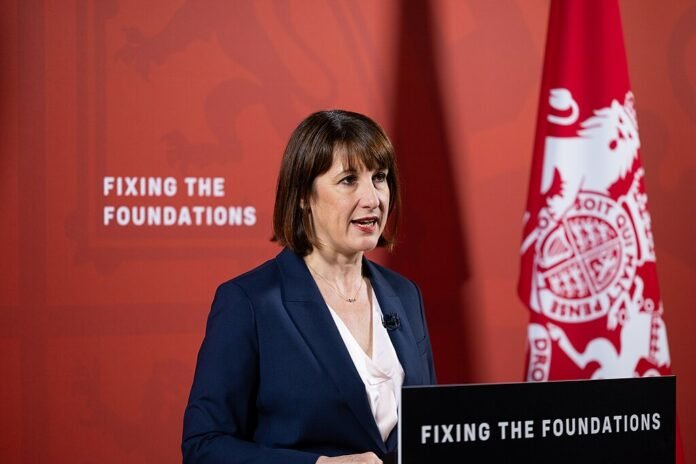Public sector borrowing soars above expectations, while herald investment trust fights off a takeover bid.
UK public sector borrowing reached a staggering £17.8 billion in December 2024, significantly surpassing market expectations of £14.1 billion. According to data from the Office for National Statistics (ONS), the increase was driven by rising debt interest and a one-off purchase of military homes. This higher-than-anticipated borrowing is likely to put additional pressure on Chancellor Rachel Reeves, who has committed to stringent fiscal rules.
The news follows the FTSE 100’s volatile day, closing down by 3.16 points at 8,545.13 after reaching a record intraday high of 8,584.73 earlier in the session.
Embed from Getty ImagesMeanwhile, in the corporate world, major UK companies have reported varied results, with low-cost airline EasyJet narrowing its losses, and JD Wetherspoon, EnQuest, and Herald Investment Trust all providing trading updates.
EasyJet’s financial performance showed improvement despite the challenging economic environment, with losses narrowing as the airline continues to rebound from the pandemic’s impact.
In investment news, the board of Herald Investment Trust announced a resounding victory over hedge fund Saba Capital, after shareholders rejected the firm’s bid to seize control of the company. Herald’s win marks a significant moment, as it is the first of seven London-listed investment trusts targeted by Saba Capital to see a shareholder vote.
Elsewhere, Quilter, the wealth management group, saw its net inflows surge to a record £5.2 billion in 2024, driven largely by high-net-worth clients. This represents a dramatic increase from the £832 million reported in the previous year, underscoring the growing demand for wealth management services among the affluent.
The UK’s borrowing situation and corporate updates reveal a country grappling with financial pressures amid a complex economic landscape, with businesses adapting and responding to external challenges. As Chancellor Reeves faces increasing scrutiny over fiscal policies, market watchers will continue to focus on the impact of these developments on the broader UK economy.
